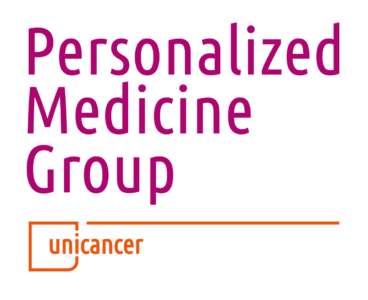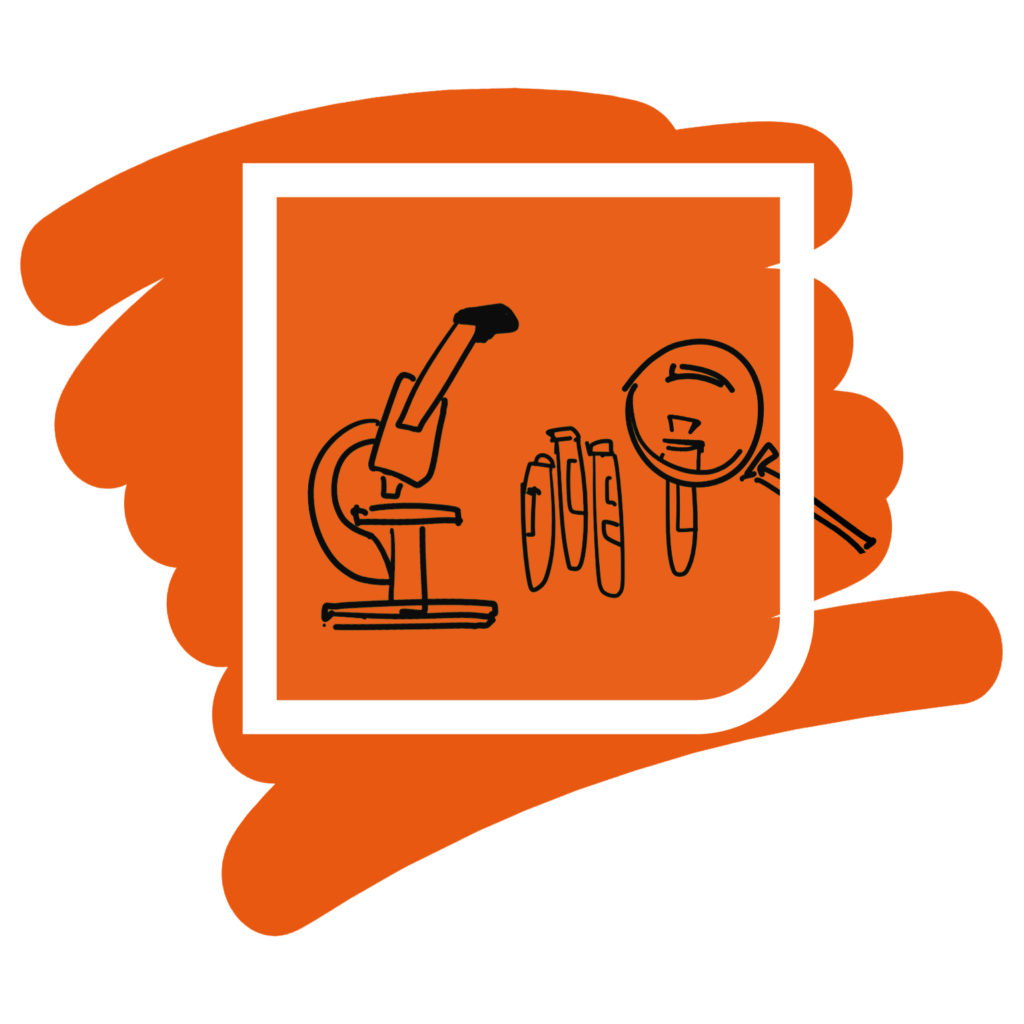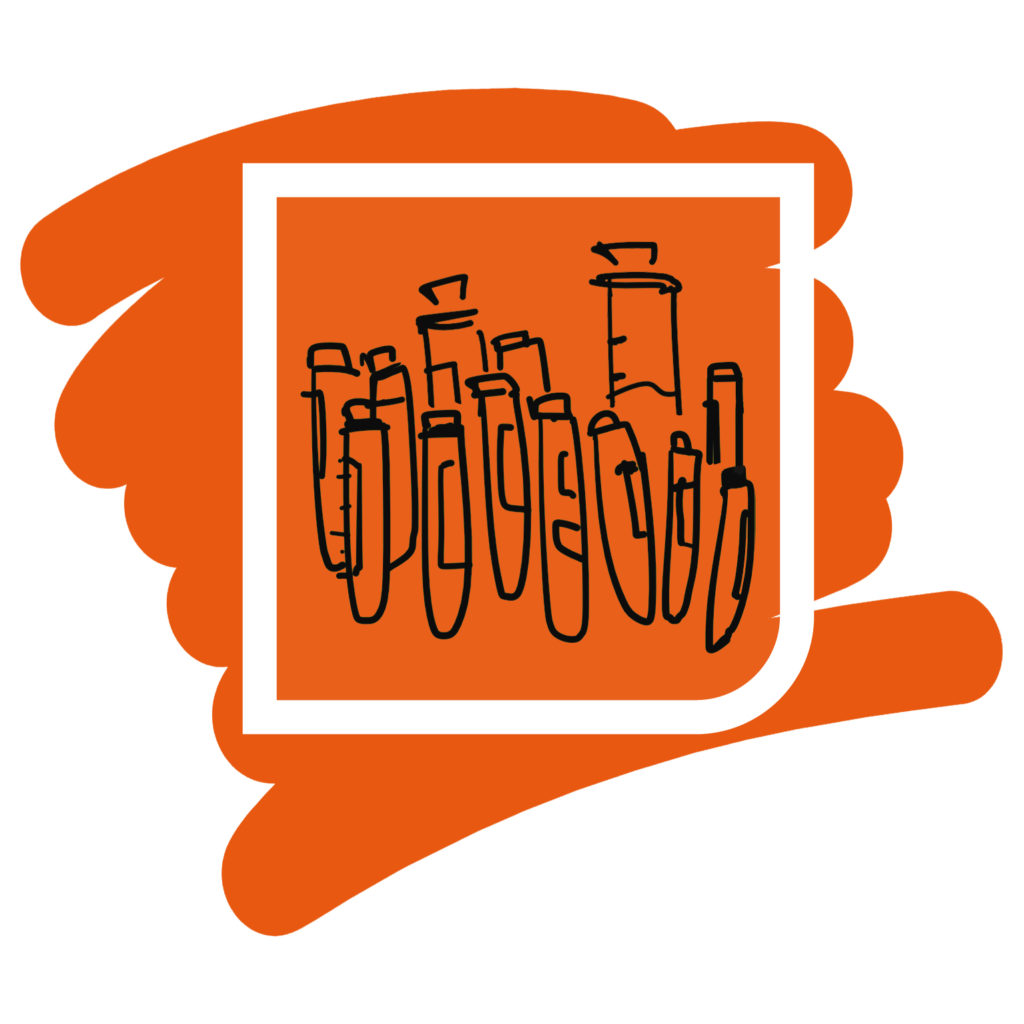- RWD
Unicancer provides support to expert groups responsible for addressing questions on therapeutic strategies and research.

The theme of personalised medicine has developed as a strategic area in its own right within Unicancer since 2013. According to the definition by the ESMO, precision medicine is defined as a healthcare approach with the primary aim of identifying which interventions are likely to be of most benefit to which patients, based upon the features of the individual and their disease. (Yates, Ann Oncol, 2018) (the original sentence is in English: healthcare approach with the primary aim of identifying which interventions are likely to be of most benefit to which patients based upon the features of the individual and their disease” (Yates, Ann Oncol, 2018).
Organised around a 4-year scientific programme, and led by multidisciplinary experts, research in precision medicine to date has taken place in around ten clinical trials and a large number of translational research projects.
The current scientific programme has the following primary objectives for application in the clinical setting:
These objectives shall be pursued by relying on the following methods:



Governance is ensured by steering committees of experts on the topic, meeting 3 to 4 times per year. The participants are researcher clinicians, managers of early phase units, biologists, bioinformaticians, statisticians, pathologists, mainly from the CLCCs.
Develop innovative research, with a strong state-of-the-art technology component, for upgrading treatment models and adding targeted prediction tools.
SAFIR02-Breast/Lung
This study aims to demonstrate that the personalised approach, consisting of a treatment adapted to the molecular profile of the tumour, brings a clinical benefit to the patient by delaying the progression of the disease, compared to standard chemotherapy.
TRACER-X (ongoing study)
EXPRESS (ongoing study)
All projects part of an ongoing programme or meeting the general strategic directions borne by the group can be put forward at steering committee meetings.
The scientific relevance and feasibility criteria, especially financial, will be taken into account for final acceptance of the project and its development within the group.
The projects are put forward in the form of a synopsis in English based on the template proposed by Unicancer, and addressed to the group’s contact. The project sponsor will be invited to the steering committee meeting to present their research.
As it is a wide topic, the personalised medicine group’s main partners are the Unicancer tumour groups who are co-developing the project in terms of the medical aspects, and who are ensuring recruitment via the clinicians’ network.